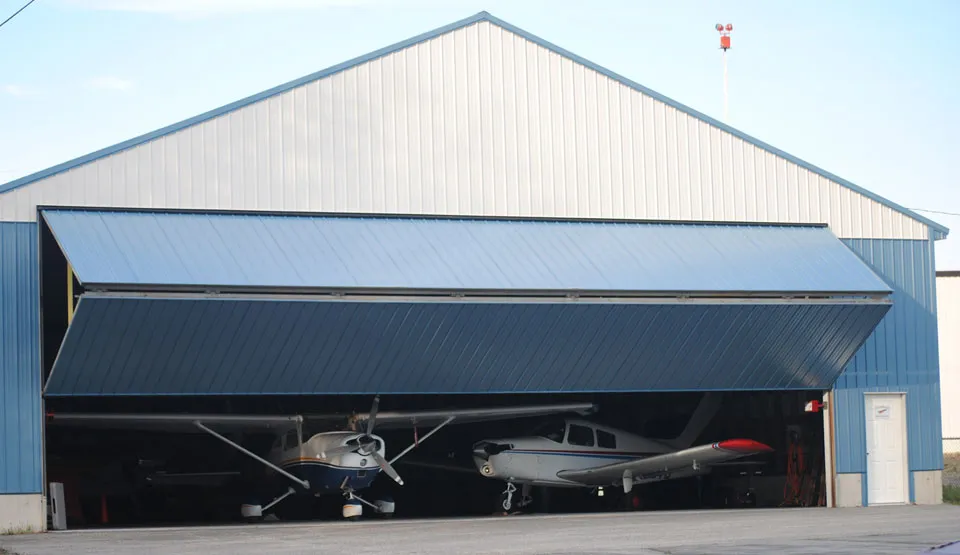- Afrikaans
- Albanian
- Amharic
- Arabic
- Armenian
- Azerbaijani
- Basque
- Belarusian
- Bengali
- Bosnian
- Bulgarian
- Catalan
- Cebuano
- Corsican
- Croatian
- Czech
- Danish
- Dutch
- English
- Esperanto
- Estonian
- Finnish
- French
- Frisian
- Galician
- Georgian
- German
- Greek
- Gujarati
- Haitian Creole
- hausa
- hawaiian
- Hebrew
- Hindi
- Miao
- Hungarian
- Icelandic
- igbo
- Indonesian
- irish
- Italian
- Japanese
- Javanese
- Kannada
- kazakh
- Khmer
- Rwandese
- Korean
- Kurdish
- Kyrgyz
- Lao
- Latin
- Latvian
- Lithuanian
- Luxembourgish
- Macedonian
- Malgashi
- Malay
- Malayalam
- Maltese
- Maori
- Marathi
- Mongolian
- Myanmar
- Nepali
- Norwegian
- Norwegian
- Occitan
- Pashto
- Persian
- Polish
- Portuguese
- Punjabi
- Romanian
- Russian
- Samoan
- Scottish Gaelic
- Serbian
- Sesotho
- Shona
- Sindhi
- Sinhala
- Slovak
- Slovenian
- Somali
- Spanish
- Sundanese
- Swahili
- Swedish
- Tagalog
- Tajik
- Tamil
- Tatar
- Telugu
- Thai
- Turkish
- Turkmen
- Ukrainian
- Urdu
- Uighur
- Uzbek
- Vietnamese
- Welsh
- Bantu
- Yiddish
- Yoruba
- Zulu
Nov . 13, 2024 01:01 Back to list
The Role of Agricultural Steel in Modern Farming
In the ever-evolving landscape of agriculture, the integration of advanced materials and technology has become paramount. One of the unsung heroes of this modernization is agricultural steel. Steel is a fundamental component in various farming equipment and structures, significantly enhancing productivity, durability, and efficiency on farms. This article explores the multifaceted roles of agricultural steel in contemporary farming practices, its benefits, and future implications for the agricultural sector.
The Importance of Agricultural Steel
Agricultural steel is predominantly utilized in the manufacturing of a wide range of farming equipment, including tractors, plows, cultivators, and harvesters. These machines are essential for modern farming, enabling farmers to cultivate larger areas in shorter periods. The strength and versatility of steel allow for the construction of robust machinery that can withstand the rigors of challenging farming environments. With advancements in metallurgy, the availability of high-strength and lightweight steel further facilitates the design of more efficient farming equipment.
Moreover, steel is not limited to just machinery; it is also a key material in the construction of storage facilities like silos, barns, and greenhouses. These structures require materials that can endure harsh weather conditions, resist corrosion, and protect valuable crops and livestock. Steel offers unmatched durability and longevity, making it an ideal choice for the agricultural industry.
Enhancing Productivity through Innovation
The agriculture sector is increasingly turning to steel for innovative solutions that enhance productivity. For instance, precision agriculture, which involves the use of technology to monitor crop health and soil quality, often employs steel-based equipment. These tools are engineered to be precise and efficient, ensuring minimal waste of resources like water and fertilizer. Farmers can utilize steel-framed drones and automated vehicles to gather data and perform tasks that would otherwise require significant manual labor. By integrating steel into these high-tech solutions, farmers can maximize their yield while minimizing environmental impact.
agricultural steel

Additionally, the strength-to-weight ratio of modern steel allows for the creation of lighter and more efficient farming tools. This not only improves maneuverability in the fields but also reduces fuel consumption for machinery, leading to cost savings for farmers. The ongoing r&D in steel technology promises even more enhancements in terms of efficiency and sustainability in agricultural practices.
Sustainability and the Future of Agricultural Steel
The agricultural sector faces increasing pressure to adopt sustainable practices. The steel industry is also responding to these challenges by developing eco-friendly production processes and materials. Strategies such as recycling used steel and using renewable energy sources in steel manufacturing can significantly reduce the carbon footprint of agricultural steel products. As farmers seek to meet consumer demand for sustainable food production, the choice of building and farming materials will become crucial.
Moreover, innovations in steel coatings can enhance corrosion resistance and extend the lifespan of agricultural equipment and structures. This longevity translates to fewer replacements and repairs, further supporting the sustainability goals of modern agriculture. Farmers investing in high-quality steel can expect lower maintenance costs and improved performance from their equipment over time.
Conclusion
In conclusion, agricultural steel plays a vital role in the modernization and sustainability of farming practices. Its strength, versatility, and adaptability make it indispensable for both equipment and infrastructure in the agricultural sector. As technology continues to evolve, the integration of steel into precision farming and innovative agricultural practices will likely expand, further enhancing productivity and efficiency.
Farmers who embrace advanced steel solutions are better positioned to meet the challenges of modern agriculture while maintaining sustainability. The future of agricultural steel is filled with potential, promising a more resilient and efficient agricultural landscape. As we look ahead, it is clear that steel will continue to be a foundational element in the quest for innovative and sustainable farming practices. With its enduring advantages, agricultural steel will undoubtedly remain at the forefront of the agricultural revolution, paving the way for a more productive and environmentally conscious future.
-
How Do Prefabricated Steel Structures Transform Modern Construction?
NewsJul.14,2025
-
How Do Prefabricated Metal Buildings Redefine Modern Construction?
NewsJul.14,2025
-
How Do Prefab Insulated Metal Buildings and Steel Structures Revolutionize Modern Construction?
NewsJul.14,2025
-
How Do Pre - Engineered Steel Structures Redefine Modern Construction?
NewsJul.14,2025
-
Advancing Modular Construction with Prefabricated Metal Structures
NewsJul.14,2025
-
Advancing Industrial Infrastructure with Prefabricated Steel Solutions
NewsJul.14,2025
Products categories
Our Latest News
We have a professional design team and an excellent production and construction team.












